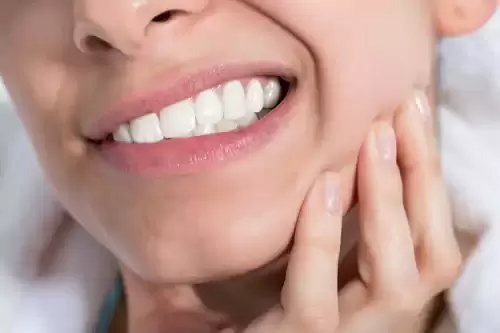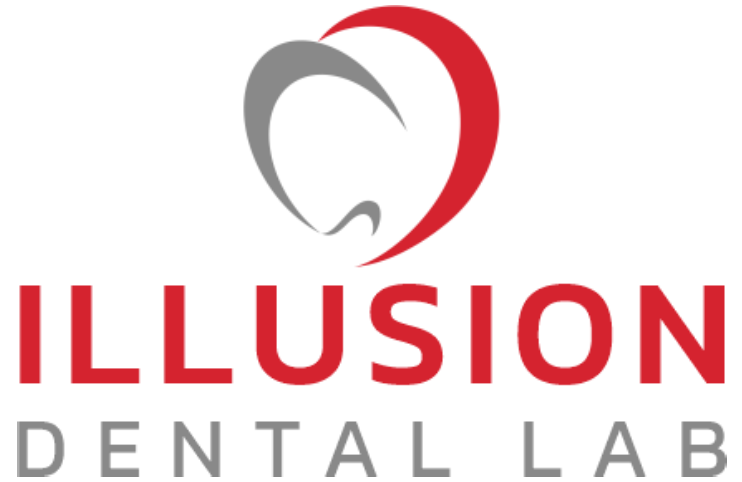Blog Details
PFM V/s Zirconia Crowns -Which is better?

One of the best ways to save a tooth is tooth restoration or replacement, which has improved over time and offers an excellent substitution for missing, damaged, root canal-treated teeth. But, unfortunately, once you visit a dentist in any of the cases mentioned above, you come to know what a dental restoration or fixing a dental crown is.
I encountered these terms when I got a root canal done for one of my molars, and my dentist suggested fixing a tooth cap or a dental crown to strengthen my tooth. That's how I learnt about dental crowns and the different crowns available in the market today.
The most commonly used crowns are PFM and zirconia. PFM stands for porcelain ceramic material fused on metal crowns, and zirconia is made from a ceramic called zirconium oxide. PFM crowns use metals, whereas zirconia crowns are metal free. These two provide good strength and durability.
I collected a good amount of information on both, and after my detailed analysis, I settled for a zirconia crown. First, however, I would like to put across detailed know-how about both crowns in a simplified way. Let's understand PFM v/s zirconia crowns.
PFM ( Porcelain-fused on metal crowns)
Porcelain fused to a metal crown(PFM) is made of a metal framework covered in a layer of porcelain ceramic material. A PFM dental crown is a two-layered metal-ceramic crown. Metal serves as a base layer, covered by a porcelain upper layer. These crowns are a trusted option for restoring broken or missing teeth. Some of the advantages of PFM Crowns are:
- Natural looking: Porcelain ceramic covering with a metal base can mimic a tooth colour. It helps to give a natural look to the artificial teeth.
- Strong and durable: The metal underneath the porcelain layer provides good strength to regularly bear the biting and chewing forces. A PFM crown lasts long and replaces weak and missing teeth well.
- Provides good protection: A PFM crown protects a root-canal treated, weak or damaged tooth and protects it from further damage. As a result, it helps in maintaining good tooth health.
- Cost-effective: It is more affordable than metal-free crowns. PFM crowns are made of metal and ceramic materials, making them reasonable and easy on your pocket.
- The drawbacks of PFM crowns are:
- Natural look limitation: The underlying metal is visible at the gum line, which gives a greyish shade. The metal provides strength but cannot offer a completely natural look. It could be more comfortable to smile and talk with PFM crowns.
- Allergic reaction: The metal used in the PFM crown can cause allergic reactions or sensitivity in some. It is unsuitable for people with metal allergies to replace their teeth with PFM crowns.
- Gum recession: A portion of the tooth structure must be removed to fix PFM crowns, which may cause gum recession over time. This metal under the crown becomes visible and limits the natural look of the replacement.
- Chipping & breaking: PFM crowns can easily chip or break due to the pressure of biting, chewing or grinding forces. In addition, sometimes, ceramic chips make the inner metal visible.
- Tooth reduction: PFM crowns must be thick to provide the necessary strength. Hence tooth reduction is necessary. In addition, the thickness causes tooth reduction of existing teeth.
Zirconia Crowns
Zirconium dioxide is a highly durable substance for making zirconia crowns.
Zirconia crowns' durability and strength are two of their main advantages.
They are perfect for tooth restorations with severely damaged & broken teeth and can easily bear the biting and chewing forces because of their exceptional hardness and resistance to wear. Zirconia crowns are the latest teeth replacement products, including crowns, bridges & implants.
Advantages of Zirconia crowns
- Strength & Durability: Zirconia is a hard substance as strong as your teeth. Zirconia crowns restore the strength & function of the broken, damaged & lost tooth.
- Natural look: Zirconia crowns offer an exact natural look and the perfect size, shape and feel of a natural tooth. They are an ideal option for replacing front and back teeth.
- Long lasting: A tooth restoration with a zirconia crown can last up to a lifetime. It serves as a good return on the investment in the treatment.
- Non-toxic: They are non-toxic, hence safe to use, especially for people with allergies or sensitivity.
- Stain resistant: Regular eating & chewing don't stain or affect zirconia crowns. Zirconia crowns remain stain free and translucent.
Drawbacks of Zirconia Crowns
- Wear on opposing teeth: The toughness of zirconia crowns affects the other teeth due to the bite or friction. Therefore, the dentist makes the necessary changes in the bite to reduce the wear of opposing teeth.
- Cost: Zirconia crowns are more expensive than other types of crowns. Several elements, including the location, the dentist's office, and the case's complexity, can affect the price.
- Brittle fracture: Though zirconia crowns offer good strength, they can sometimes be prone to fracture under a strong impact.
Due to their better strength and durability, zirconia crowns are gaining more popularity and are often recommended by dentists for teeth replacement. Zirconia has wide varieties that suit the different requirements depending on the position of the teeth. For example, layered zirconia or high translucency zirconia suits front teeth and monolithic zirconia is used for back teeth restoration.
Types of Zirconia Crowns and Bridges
Zirconia offers a complete range of teeth replacements in crowns, bridges and implants. But first, let's understand more about crowns, bridges and implants.
Zirconia Crowns: Zirconia crown is a tooth cap covering a single tooth for a damaged, broken, root-canal-treated tooth or an implant. Layered zirconia and high translucency zirconia crowns are suitable for front teeth due to their strength and natural look. Monolithic zirconia and traditional zirconia crowns are known for their extreme strength and durability; hence it is used for back teeth to bear the biting and chewing force. Low-fusing zirconia is specially used to cover implants as they perfectly adapt to titanium implants. Full contour zirconia crown (FCZ crown) covers the entire portion of the tooth and gives the natural tooth's exact size, shape and colour. These crowns are made without layered porcelain, offer exceptional strength, and are crack resistant. FCZ crowns offer the best replacements for back teeth where strength is essential. The best kind of zirconia crown for your needs depends on several factors, including tooth location, oral health, and aesthetic objectives. Your dentist will suggest the correct type of zirconia crown depending on the condition of your tooth and the requirement. The dentist will further evaluate the dental parameters and take a digital scan for zirconia crown preparation.
Zirconia crown bridge: A zirconia bridge comprises more than one connected crown that replaces several missing teeth. Depending on the case, dental bridges can simultaneously replace a few or multiple teeth. For example, an all-on-four dental implant zirconia bridge replaces all missing teeth simultaneously using 4 implants, also known as all-on-four zirconia bridge. A long-span zirconia bridge refers to a bridge that covers multiple teeth or large gaps. Other bridges, called zirconia full arch bridges or full arch zirconia dental bridges, replace the whole upper or lower arches. These bridges are also known as roundhouse dental bridges that replace entire teeth in the upper or lower arch. Upper zirconia arch replacement or full arch involves implants to fix the same hence they do not require the pink acrylic base to fix the false teeth as dentures. These bridges offer good strength, durability and support for restoring regular teeth functions with natural-looking teeth.
Sometimes your dentist might suggest a hybrid zirconia bridge. Combining dental implants with an artificial device resembling a bridge is called a hybrid zirconia bridge. They have a framework made of metal or other materials with artificial teeth attached to them. Depending on the particular shape and requirements of the patient, the implanted device may be either fixed or removable. Zirconia hybrid bridges are frequently used when many teeth need to be replaced or when entire dental arches need to be bridged. This is because they offer a stable and practical solution.
Zirconia dental crowns and bridges are ideal tooth replacement products with excellent strength, durability and natural-looking teeth restoration. However, every dental bridge has its advantages and concerns—several factors like teeth position, oral health, gums health and your dentist's advice help to determine the best bridge for you.





